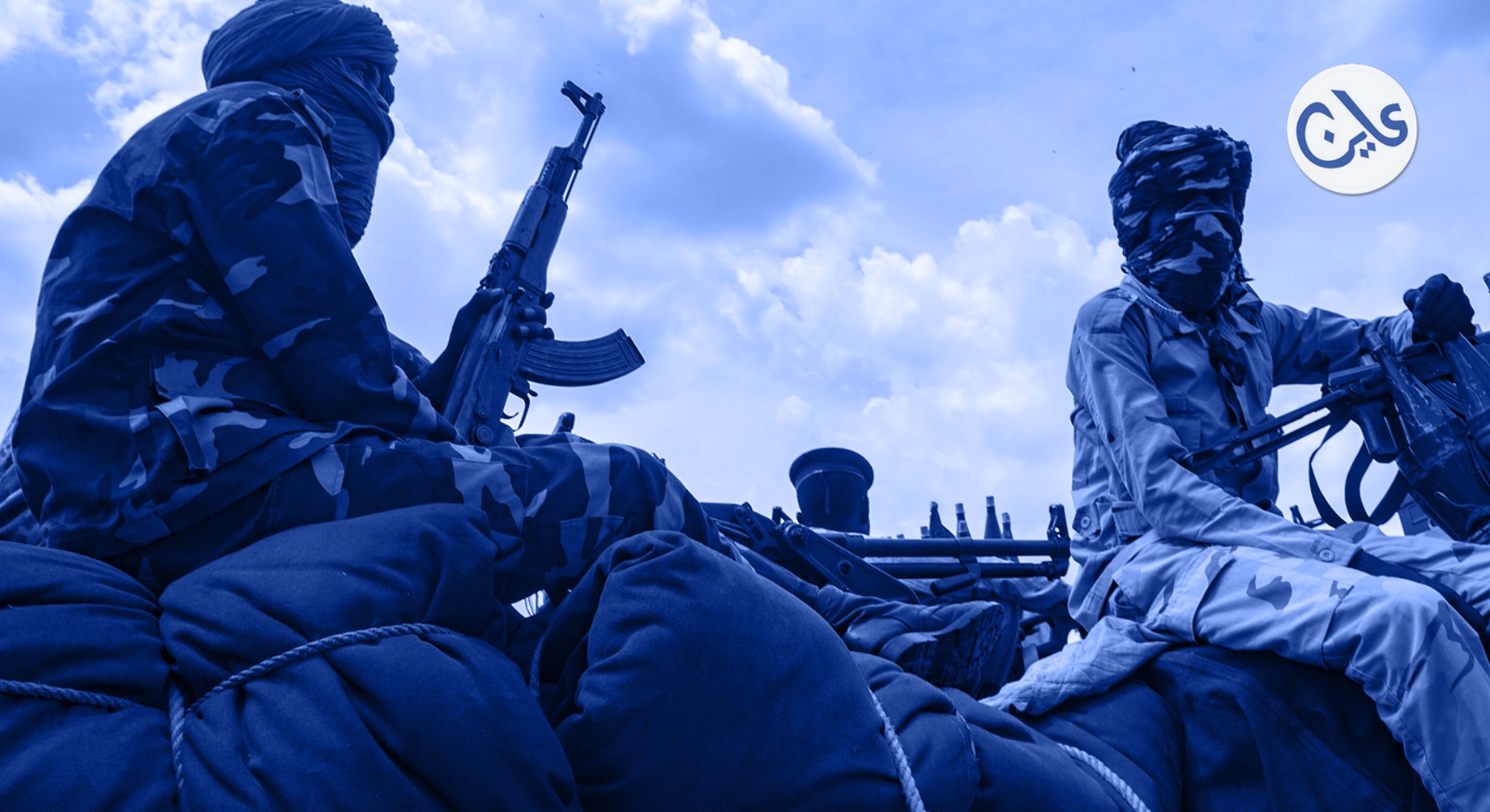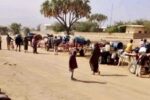Kordofan: the land of militias and the RSF’s fragile hold
18 October 2024
The Rapid Support Forces (RSF) did not bother deploying their official soldiers in the Kordofan region when the war began with the army in mid-April last year. Instead, they adopted a strategy of creating local militias and equipping them with weapons and military supplies, enabling them to control large areas of the region after limited military clashes.
The RSF’s militia recruitment strategy, under the leadership of Lt.-Gen. Mohamed Hamdan Dagalo (better known as “Hemedti”), has ensured several short-term military gains across the country, including in the Kordofan area.
But Hemedti and his family’s control over these militias remains negligible. Even if peace is established, analysts say, there is little to guarantee their aligned militias will adhere to any future armistice.
The RSF have taken control over most areas of Kordofan—with the exception of areas controlled by the Sudan People’s Liberation Movement-North in South Kordofan and three army-controlled garrison towns. Using local militias to sweep across the region has brought short-term military gains but long-term headaches, says military expert Dr. Khaled Mohammed.
“The Rapid Support Forces have become like isolated islands and do not have a unified leadership, and it is natural for the groups that have allied with them to work independently because what connects them is economic interest,”
— Dr. Khaled Mohammed
“The Rapid Support Forces operate randomly and do not have well-thought-out plans and strategies. What happened was a mere coincidence that brought them together with the armed groups in Kordofan and used them in their military battles,” Mohammed told Ayin. “This process will have negative consequences in the future because it expands the spread of weapons, which affects the achievement of peace.”
Over time, several militia leaders emerged as the heads of these armed groups in the Kordofan region, taking on the role of rulers in various areas, especially in West and North Kordofan states. Some exercise absolute authority in local affairs, collecting taxes from shop owners and vehicles on highways, while others resorted to looting under the threat of arms.
“The Rapid Support Forces have become like isolated islands and do not have a unified leadership, and it is natural for the groups that have allied with them to work independently because what connects them is economic interest,” Mohammed said. “Many of the young people who joined them in the Kordofan region or other areas in Sudan, their goal was to obtain money.”
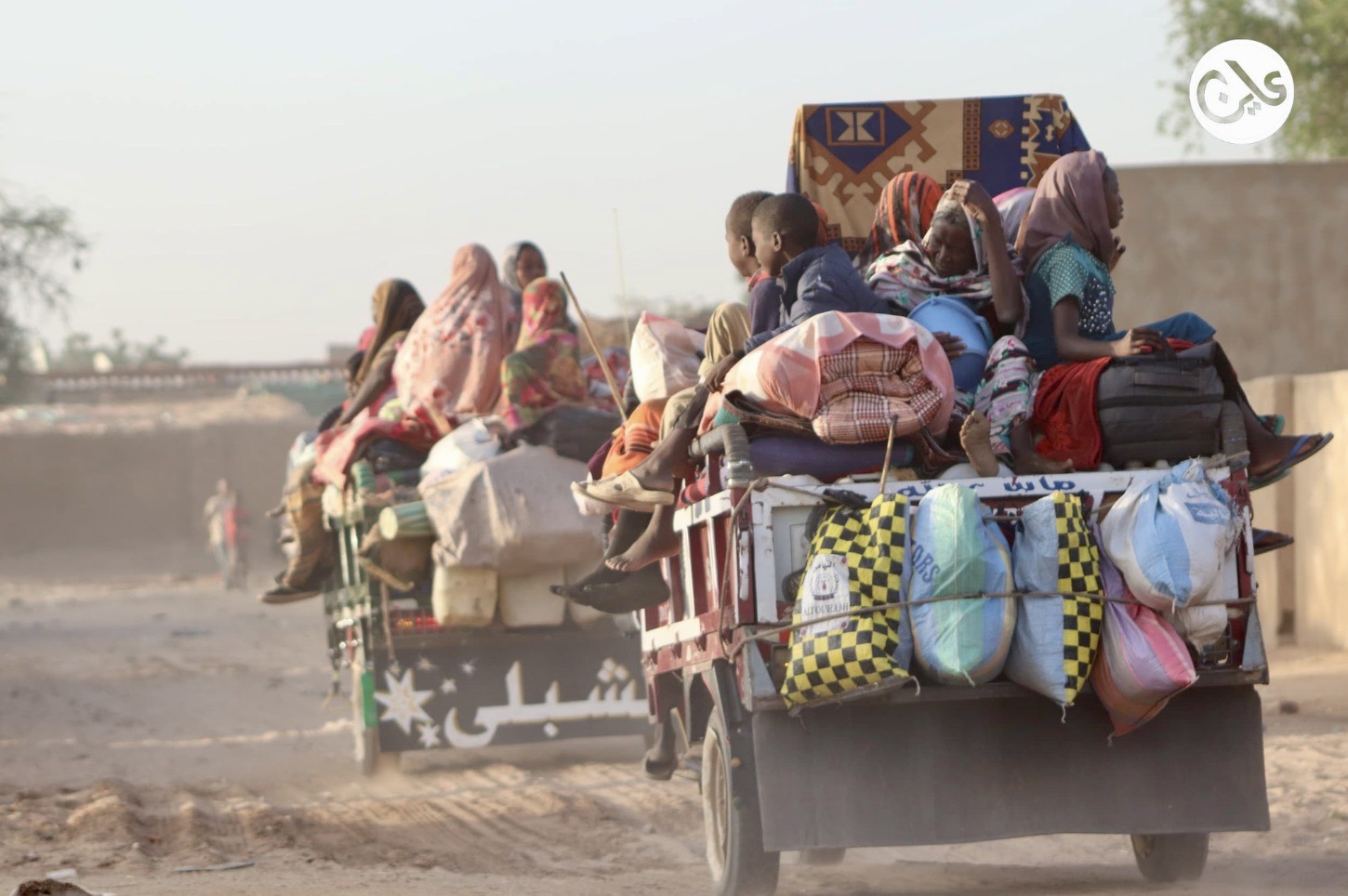
West Kordofan
A month into Sudan’s conflict, the RSF supported a former militia leader, Hussein Barsham, to take control of the Abu Zabad locality in West Kordofan State. Facing little opposition, Barsham along with local clansmen rapidly took control of Abu Zabad and As-Sanut localities, according to several eyewitnesses. Suddenly, these same sources said, Barsham emerged as a military leader wearing the RSF uniform and expanded his military operations—leading successful attacks across the state, including the army base in Taiba, a military garrison near the Belila oil fields, the capital al-Fula, and the city of Al-Meiram.
According to local residents, Barsham imposed road tolls on the areas he controlled and a court in Abu Zabad, imposing hefty fines on both the accused and complainants. All financial revenues are reportedly delivered to Barsham before being transferred to the Al-Fula sector, including the money collected from road tolls, court fees, levies on shop owners, and proceeds from water stations.
Similar to Barsham, the RSF also recruited militia leader Hamid Abdul Ghani to seize control of Ghubaysh, West Kordofan State, the same sources said. Using an armed group consisting of young men from his clan, Abdul took control of Ghubaysh in December last year. There was no army garrison; only a few poorly armed police were present. Abdul then contacted the RSF, declaring his loyalty, and was rewarded with more weapons and was appointed the “leader” of the town.
His influence expanded to other areas, leading to the emergence of new leaders with similar ambitions, like Abed Ahmed Dafallah, who led an attack in mid-September on Saq Al-Jamal, West Kordofan State.
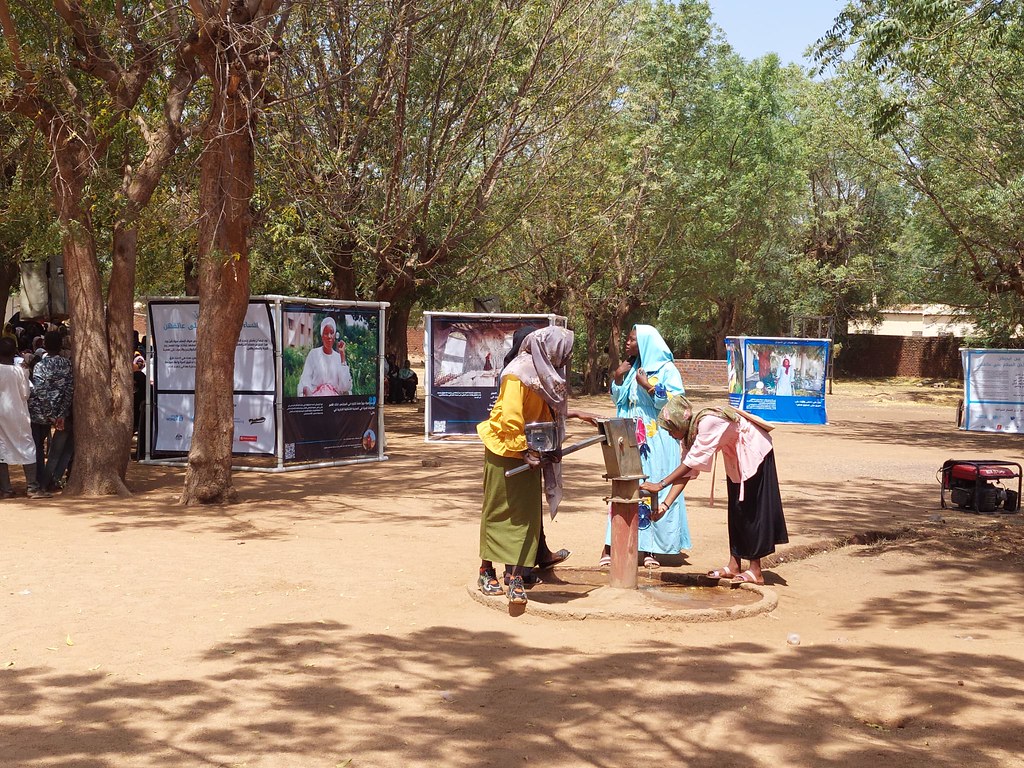
South and North Kordofan
Abdel-Munim Sharia, a native of Al-Qoz in South Kordofan State, formed a large militia consisting of young men from his clan and various social groups in the region, state residents told Ayin. Sharia led his militia to control the road from Al-Dibibat in South Kordofan State to the outskirts of El-Obeid, the capital of North Kordofan State. Later, Sharia extended his control of the El-Obeid-Kosti road to Umm Ruwaba. Equipped with RSF weapons, Sharia soon set up military checkpoints, collecting hefty tolls from passing vehicles as well as fees from shops. Local residents told Ayin that they would have to pay at least 5,000 Sudanese pounds at some 70 checkpoints between Al-Dibibat and El-Obeid, making travel prohibitively expensive for cash-strapped civilians. According to an RSF source who spoke to Ayin, the RSF has not funded Sharia’s militia, leaving its fighters to profit from tolls and theft.
Army forces killed Sharia during clashes near El-Obeid last May, leaving behind a militia stationed across South and North Kordofan, continuing its financial exploits through tolls and looting under the temporary leadership of Makin al-Sadiq.
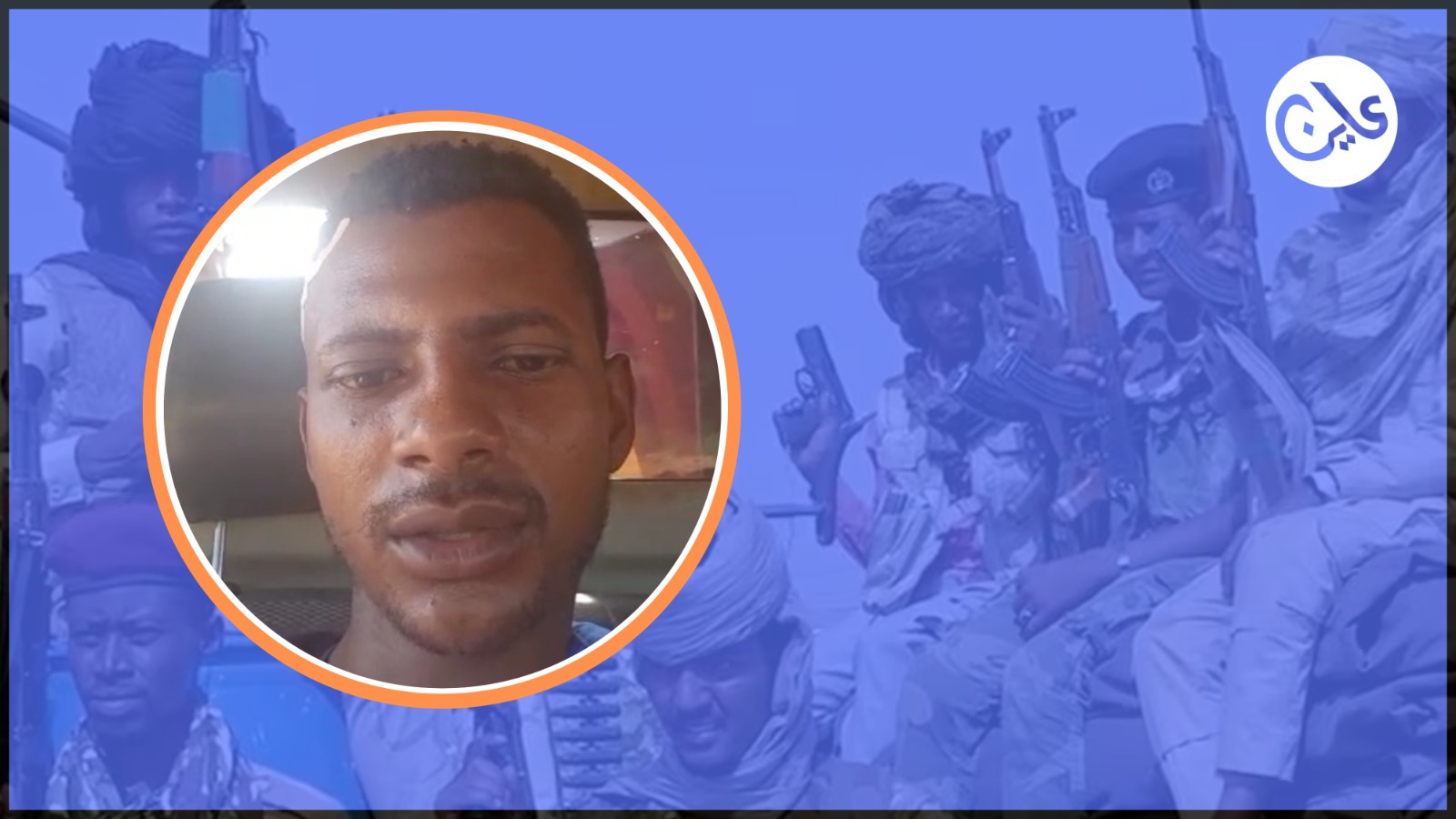
Just loot
While some local militia leaders use exorbitant checkpoints and market levies to enrich themselves, others simply loot. For months, citizens of West Kordofan have struggled to survive the repeated forays of Suleiman Mohammed Bureima and his armed gunmen. A former cattle rustler from the Mazroub area of North Kordofan State, Suleiman, better known at “Salib al-Deek” joined the RSF and grew close to the late commander Abdel-Munim Sharia. This relationship allowed him to obtain weapons, acquire a military vehicle, and wear military attire, enabling him to engage in criminal activities without being part of official RSF gatherings or even participating in battles, a source within the RSF told Ayin.
Illiterate with no military training, al-Deek’s only past record consists of several court sentences against him for theft in the region, local residents said. While the RSF deny any relationship with al-Deek, they allow him to pillage with impunity. In the last 11 months, al-Deek has conducted at least six major attacks in West Kordofan State, killing 26 civilians and kidnapping dozens more for ransom, according to multiple witnesses in the area where these crimes occurred.
With the approaching harvest season, fears are growing among West Kordofan residents that Salib al-Deek will intensify his attacks to steal agricultural produce, as he did last year, while the RSF remains silent. A local leader from West Kordofan told Ayin that residents notify the RSF after each incident, but they do not respond or pursue the criminals, possibly secretly condoning such activities to ensure loyalty.
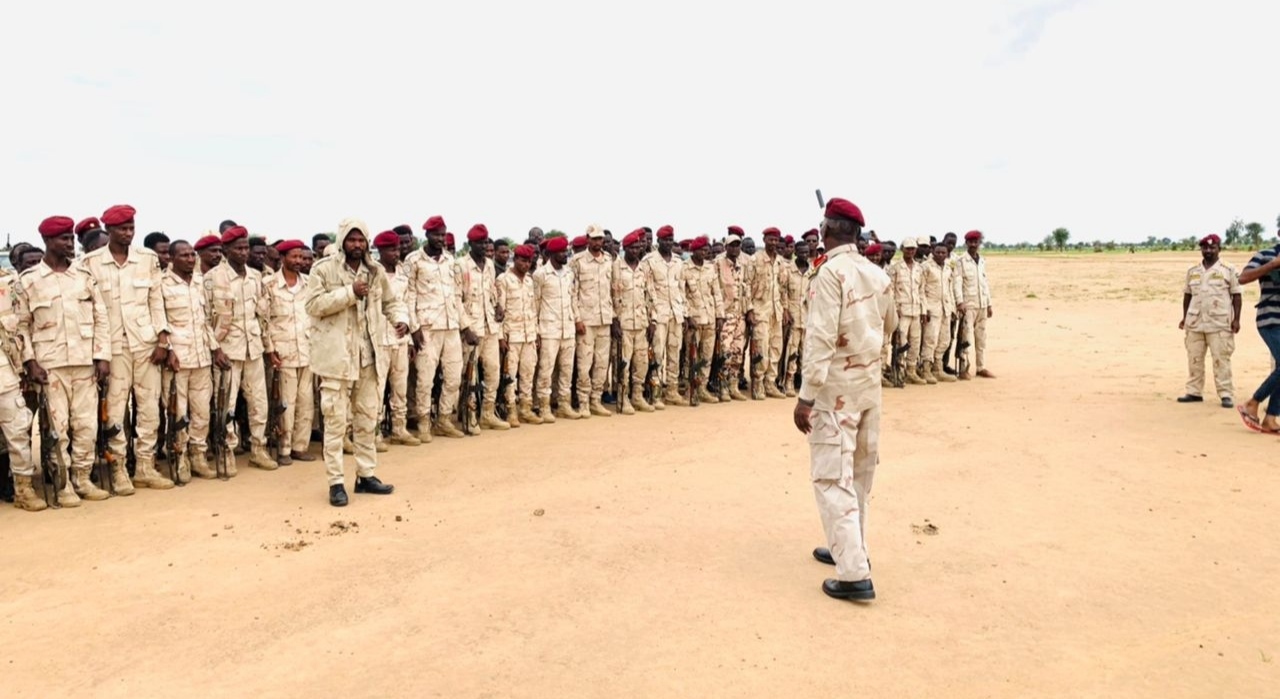
A tenuous balancing act
Military expert Omar Arbab sees the militia phenomenon in Kordofan and Darfur as a significant threat to stability, even if the war parties reach a peace agreement. “Security will remain threatened due to the complexities of disarmament and security arrangements, along with ongoing looting,” Arbab said. “The biggest danger lies in these militias possibly adopting their political agendas independent of the RSF, further complicating the conflict as they may resist disarmament, leading to extended instability similar to situations in Somalia, Afghanistan, Syria, and Libya.”
Local activist Salah Hassan Juma notes that some militias, like Hamid Abdul Ghani’s group in Ghubaysh, operate independently of the Rapid Support Forces, managing the area’s resources on their own. Armed groups allied with the RSF may resort to the option of rebellion again if any future peace agreement directly threatens their interests and withdraws the privileges they have obtained. As such, the RSF must play a delicate balancing act, ensuring loyalty from the militias they control by providing them local authority and leeway to loot.
This balancing act has, on occasions, teetered over.
In early September, the RSF clashed with one of its former allies in Umm Ruwaba, North Kordofan. In a feud over a militia’s looting spree, the RSF ended up killing a formerly allied militia leader, Bashir Balanja, sparking further violence and insecurity in the area.
The RSF’s control over their aligned militias, though fragile, has led to territorial expansions, encompassing an area approximately equivalent to the combined size of Germany and France. But their lack of political control could be their downfall, writes Tahany Maalla, a policy and governance specialist. “The ongoing war has emboldened newly recruited militia leaders and mercenaries, whose growing political ambitions threaten the Hemedti family’s dominance,” Maalla said. “This tension between expanding political influence and preserving internal hierarchy highlights the RSF’s vulnerability, where even small missteps could unravel its fragile command structure.”


